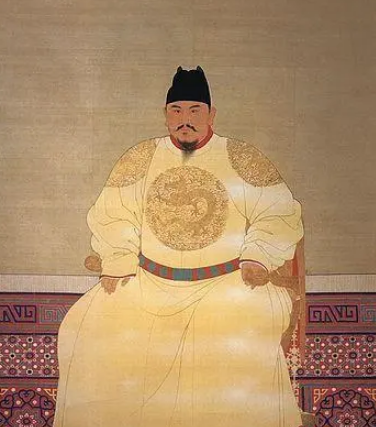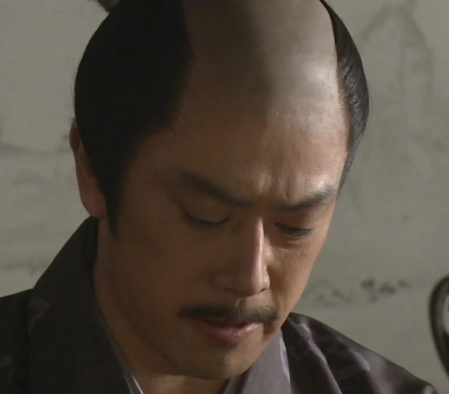In Chinese history, peasant uprisings are common, but few have succeeded. The main reasons for their failure lie in several key mistakes.

Firstly, a lack of leadership ability. Peasant uprisings are often initiated by grassroots groups who, despite their strong sense of resistance, lack effective leadership and organizational skills. For instance, figures like Zhang Jiao in the Yellow Turban Rebellion were able to rally a large number of peasants, but their strategic and tactical incompetence led to the failure of the uprising.
Secondly, unclear objectives. Many peasant uprisings are merely expressions of dissatisfaction with the current situation and a desire for change, without a clear understanding of their specific goals. Take the uprising led by Li Zicheng, which briefly occupied Beijing, but ultimately failed to maintain power and was defeated by the Qing army due to a lack of clear political objectives and constructive policies.
Thirdly, internal conflicts. Peasant uprisings often involve vast regions and numerous participants, making internal conflicts inevitable. For example, in the Taiping Rebellion, power struggles among the leaders led to internal splits and chaos, ultimately leading to the failure of the uprising.
Lastly, mistakes in military strategy. Peasant uprising forces often rely heavily on human wave tactics, lacking scientific strategic guidance. In the Huang Chao Rebellion, Huang Chao's army was defeated by the Tang army due to a lack of effective tactical responses when faced with siege and encirclement.
Overall, the failure of most peasant uprisings in Chinese history is primarily attributed to leadership incompetence, unclear objectives, internal conflicts, and mistakes in military strategy. Despite their failures, the spirit of courage and resistance demonstrated by these uprisings has had a profound impact on subsequent generations.
Disclaimer: The above content is sourced from the internet and the copyright belongs to the original author. If there is any infringement of your original copyright, please inform us and we will delete the relevant content as soon as possible.
































